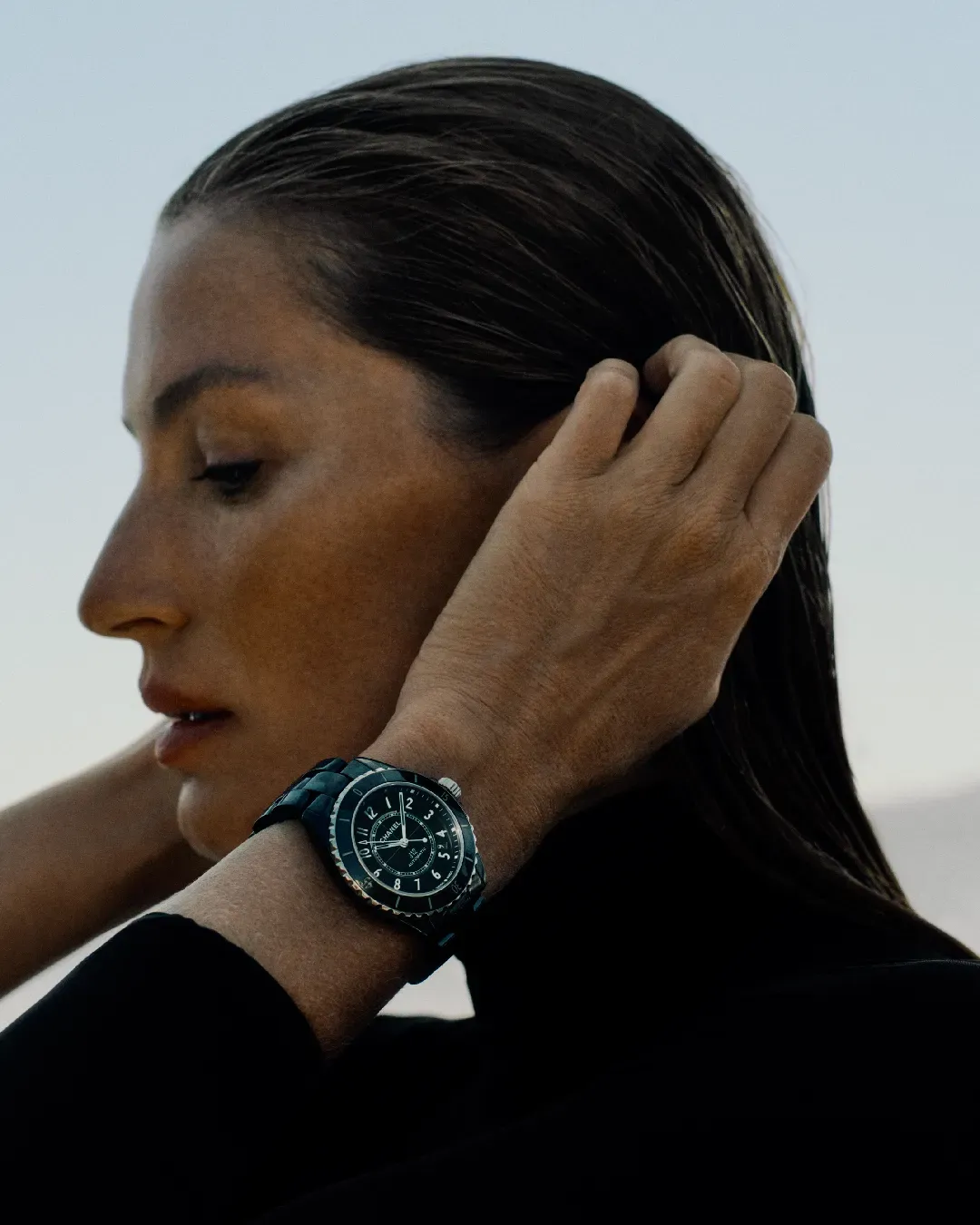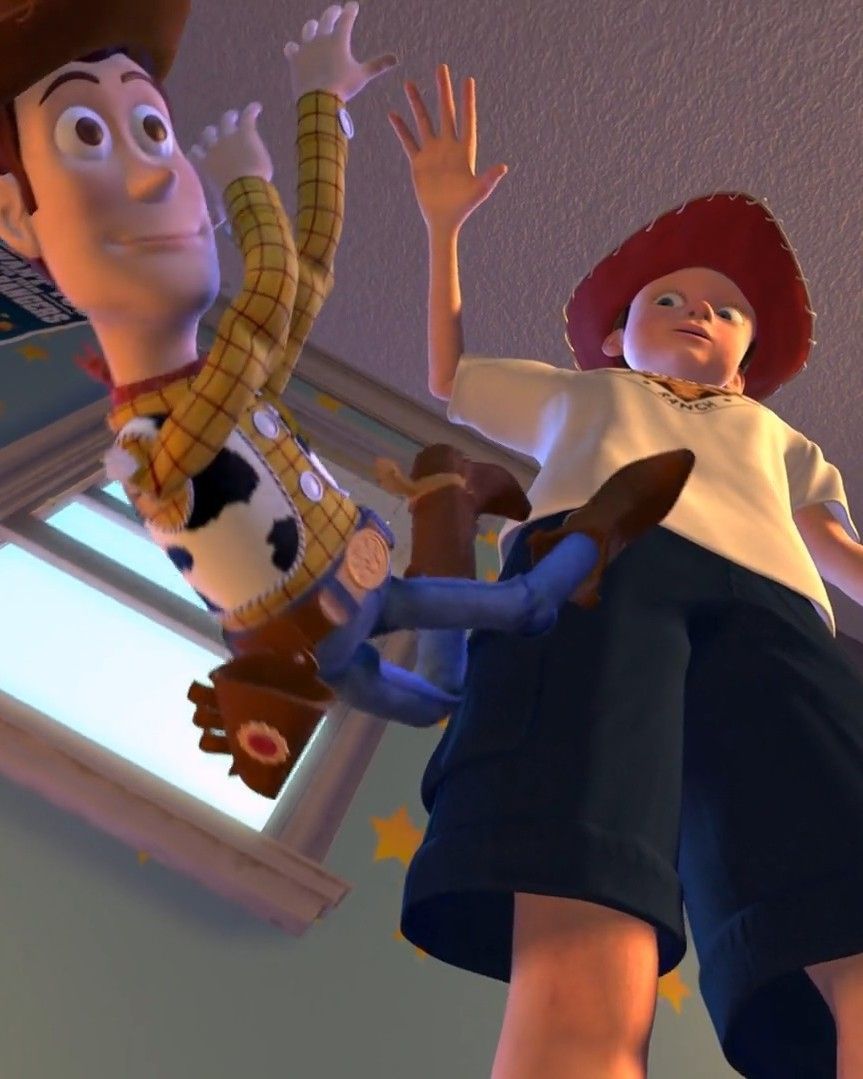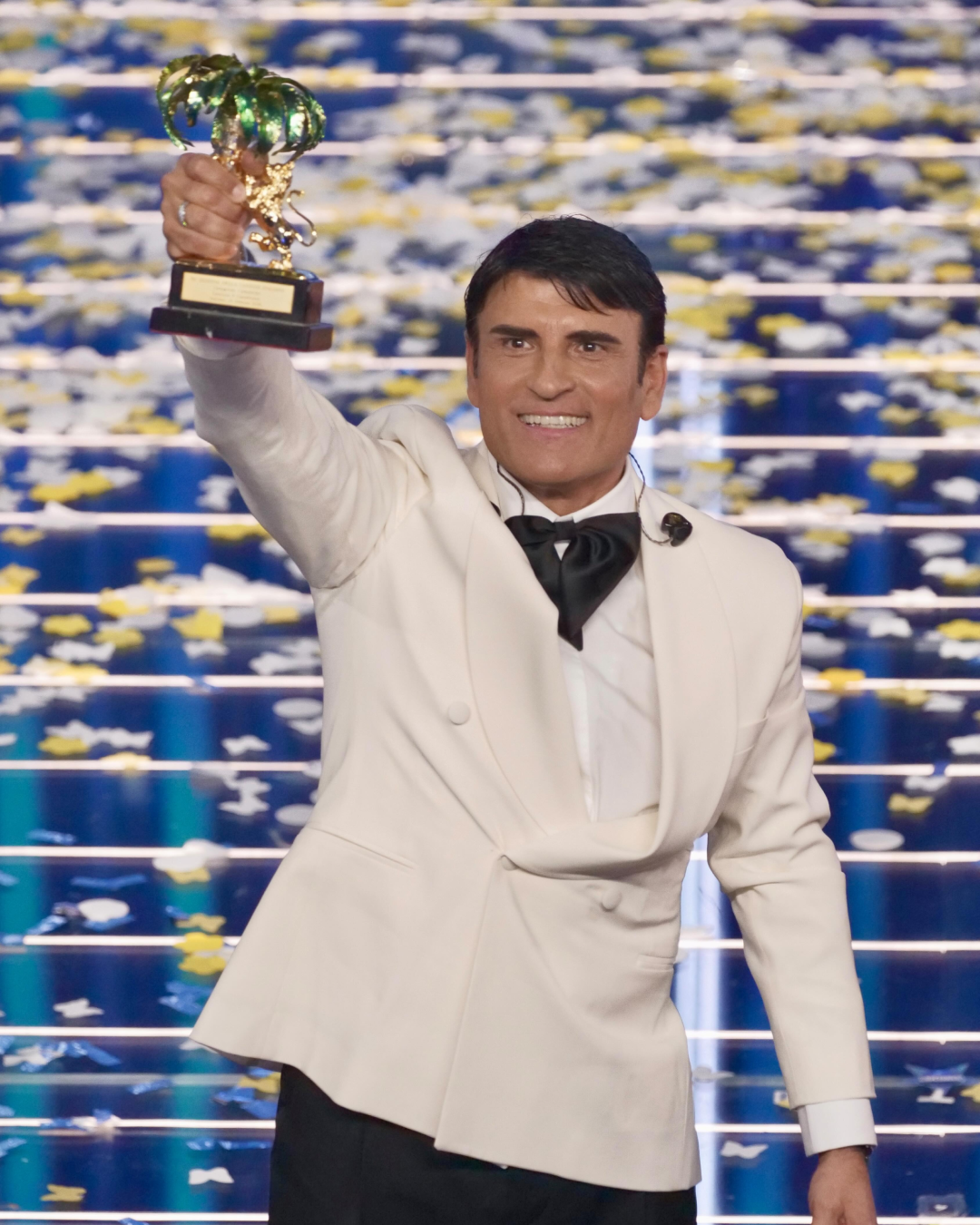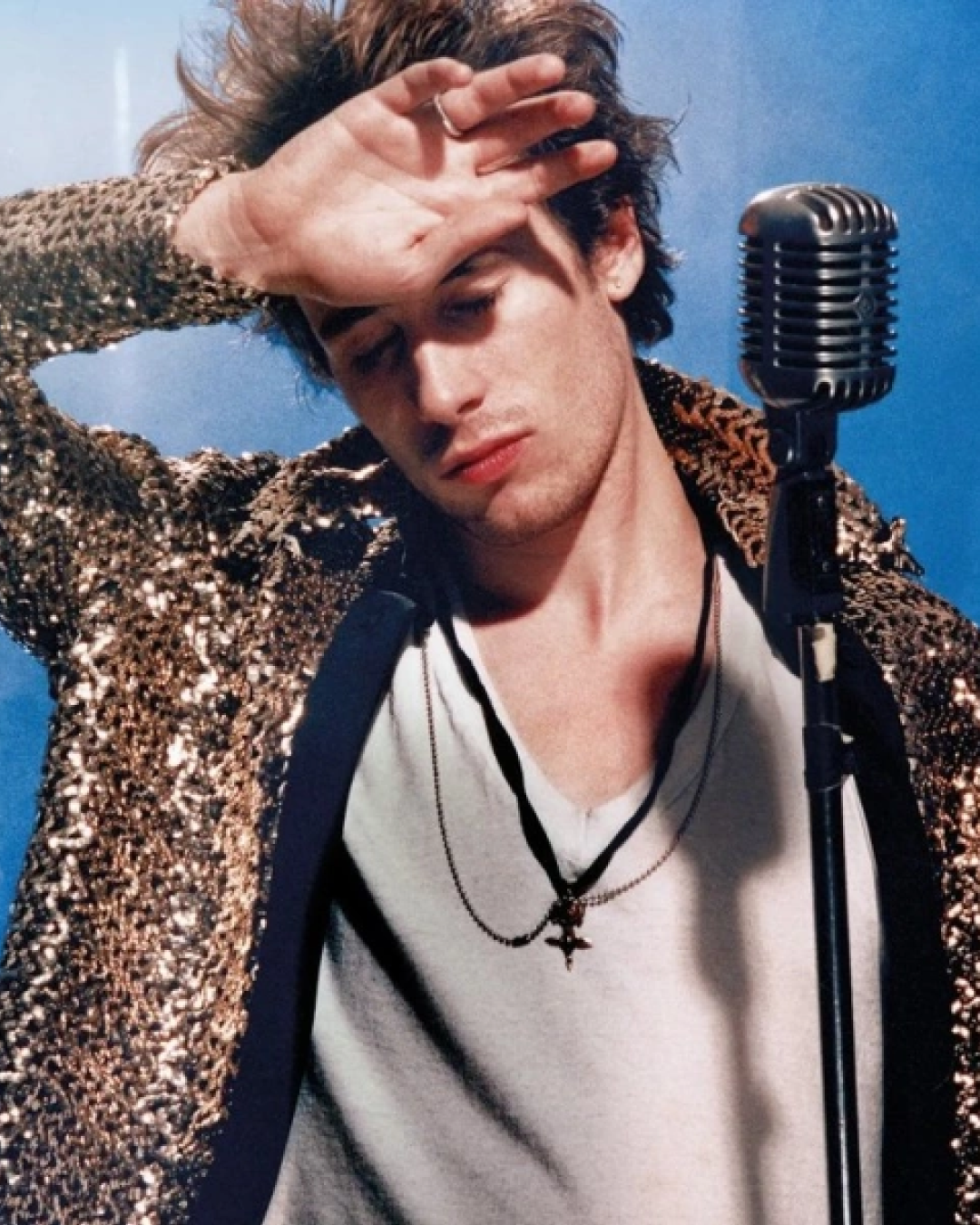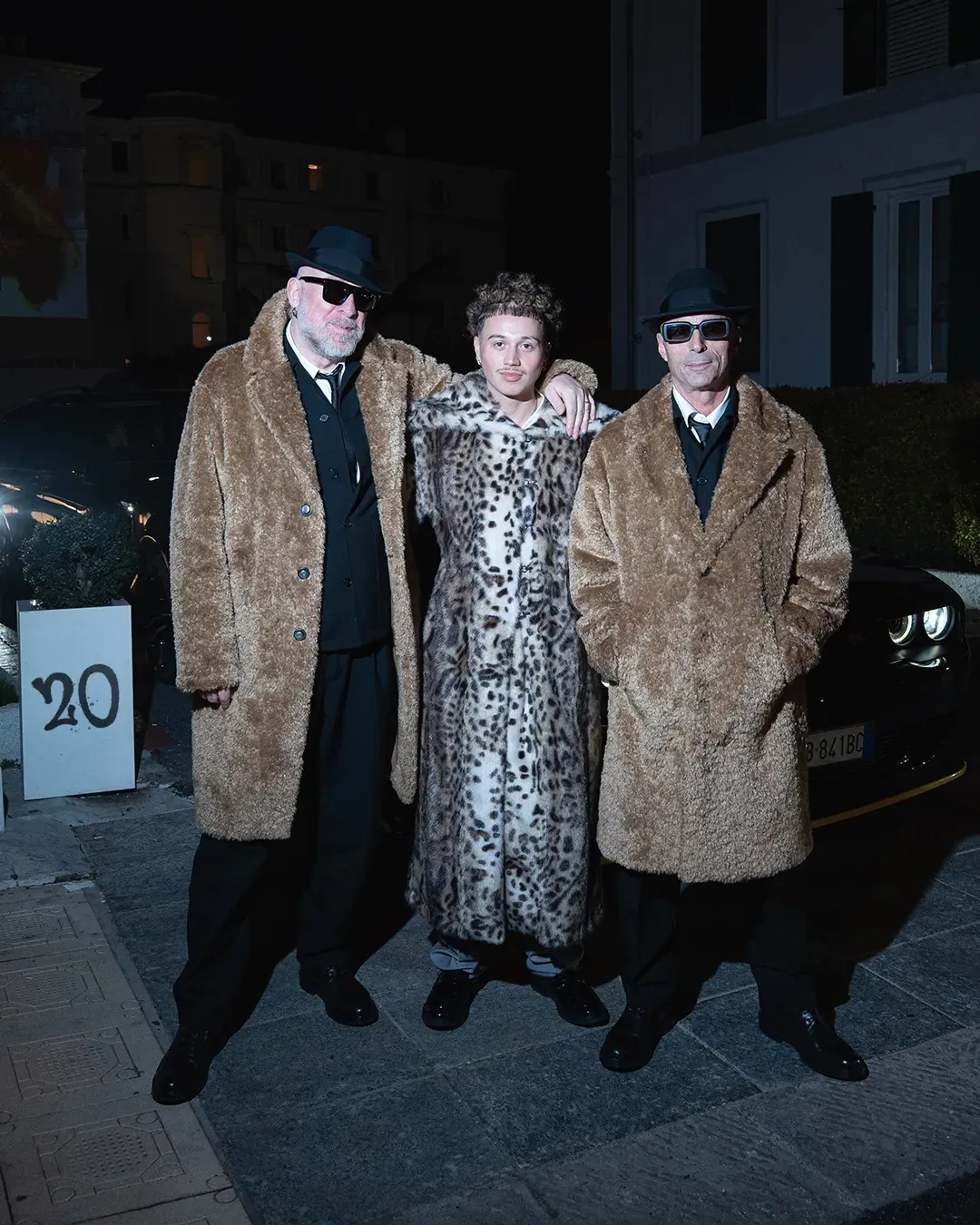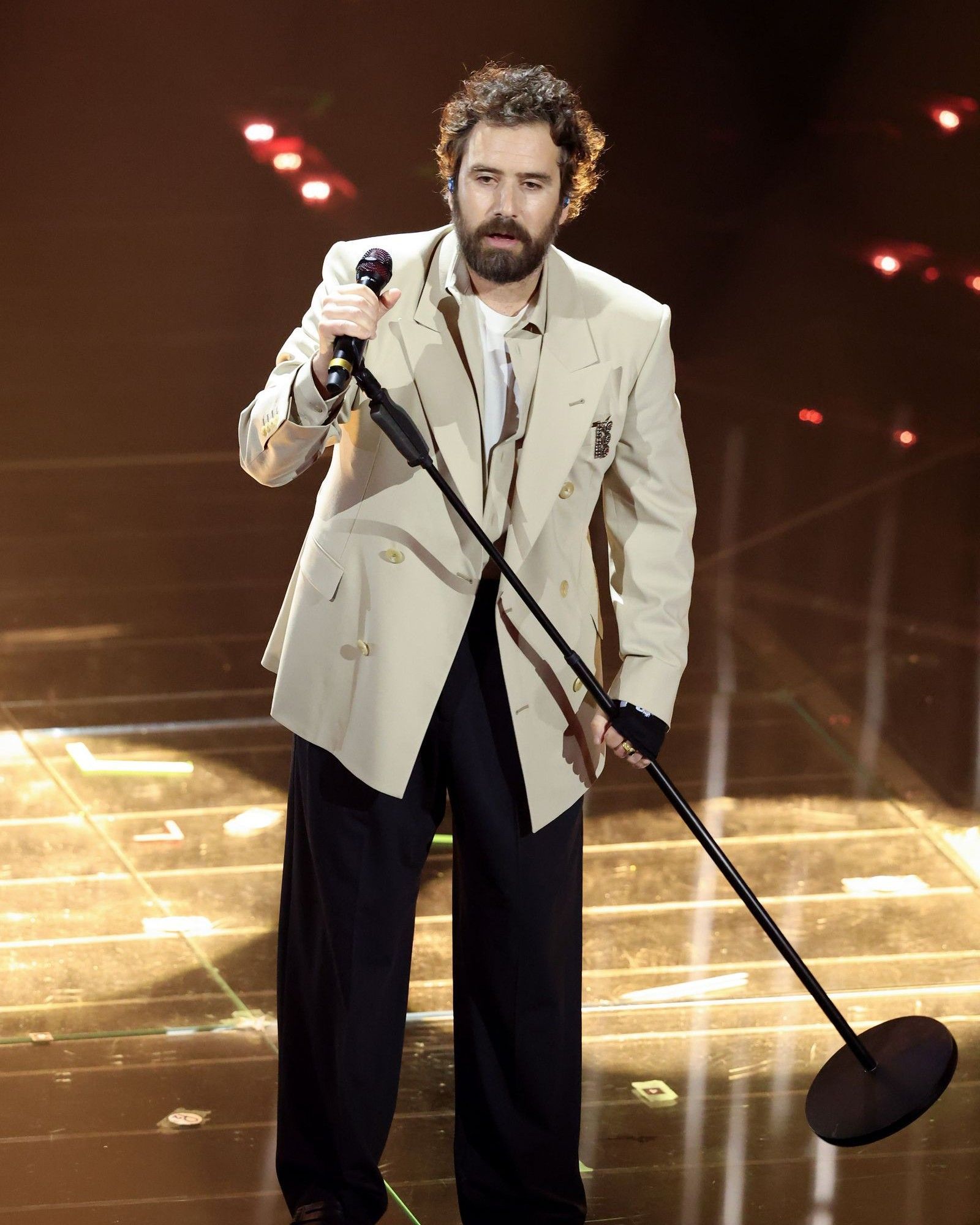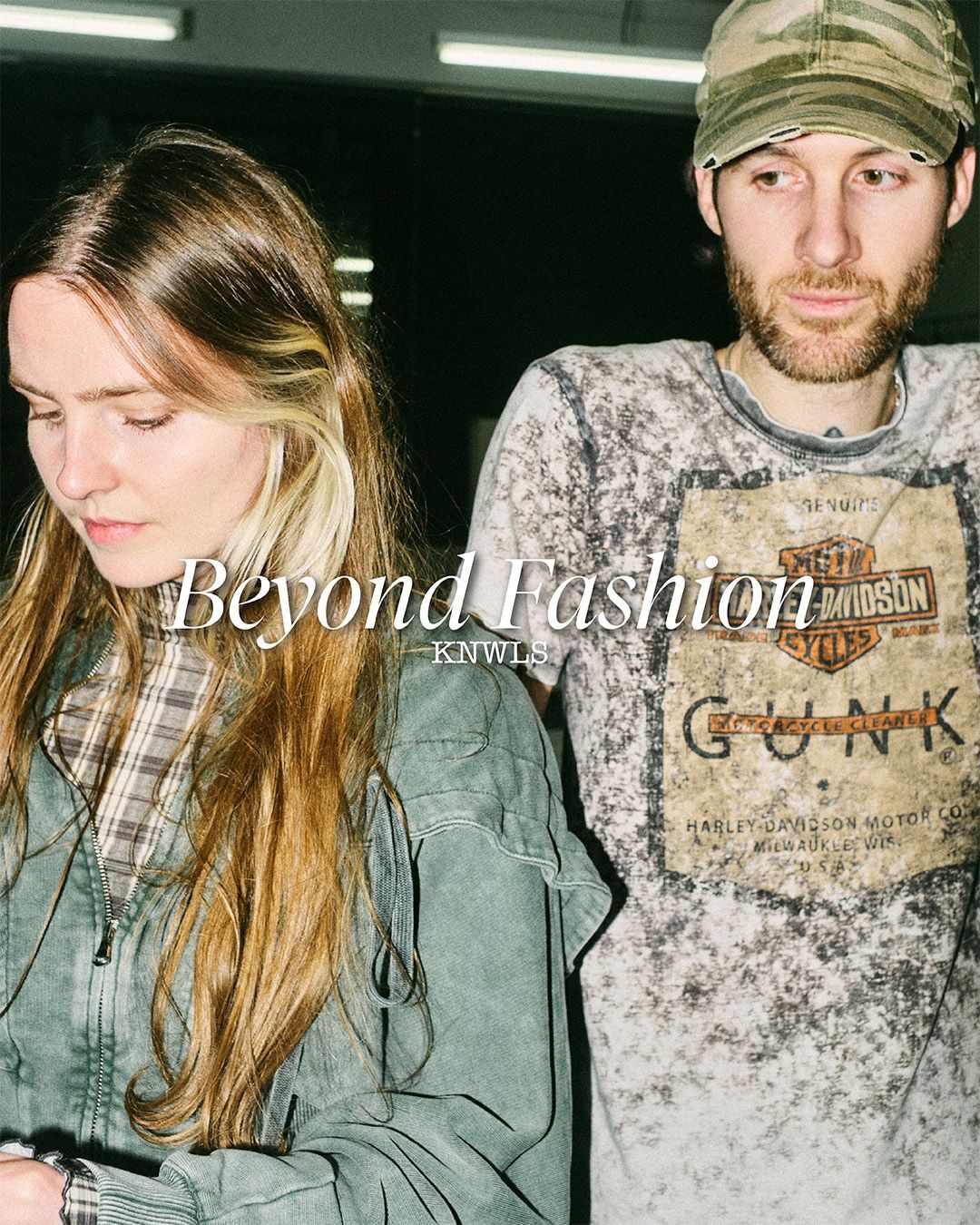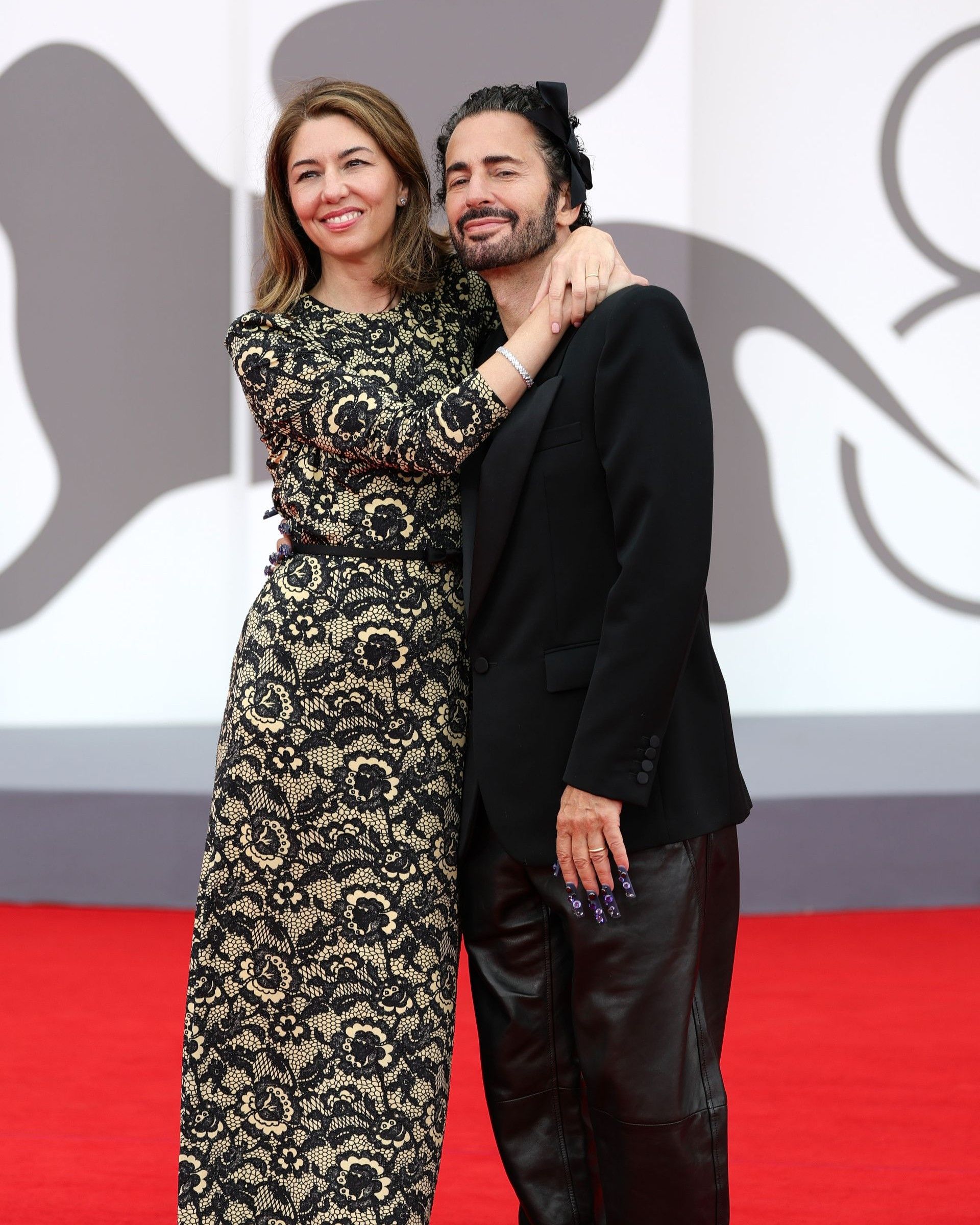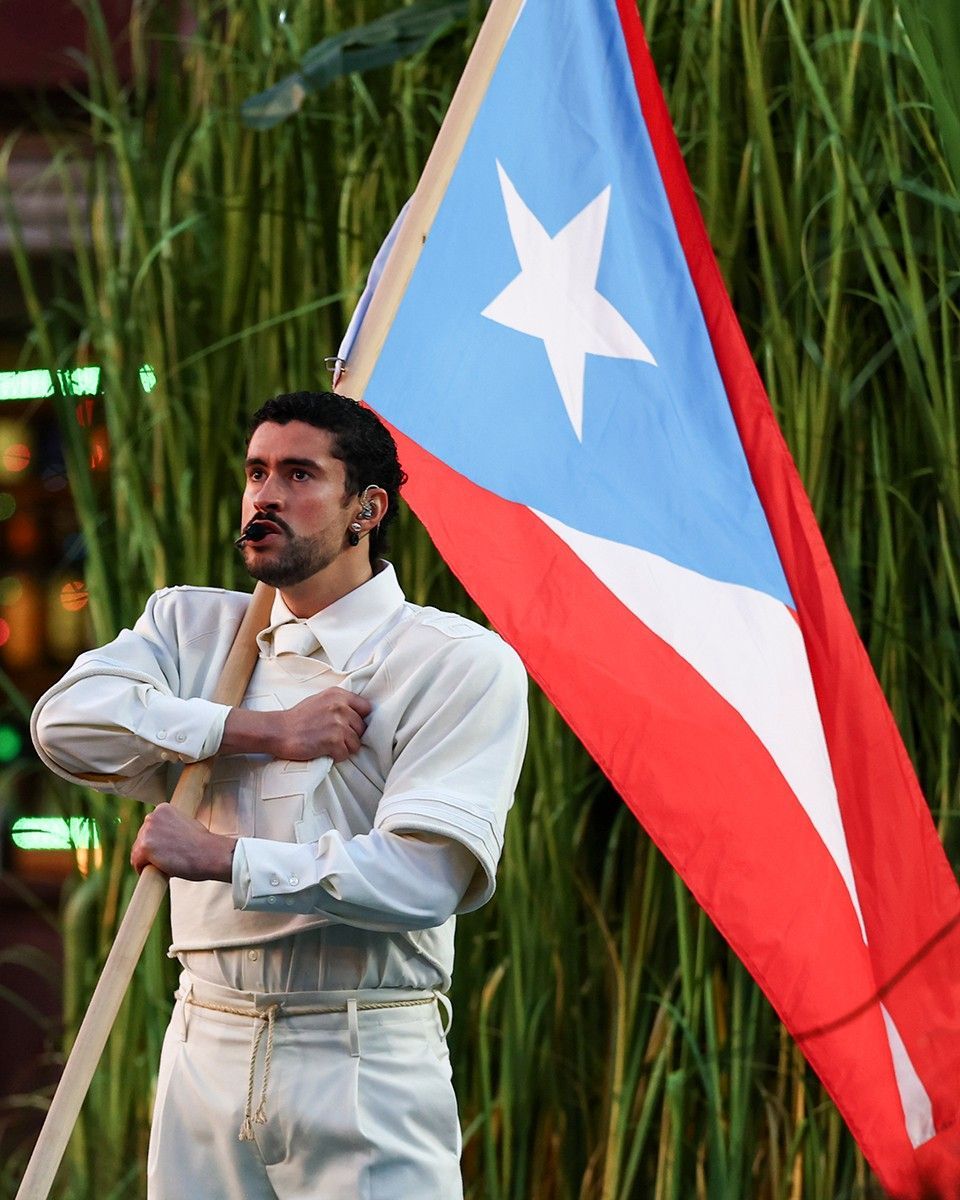
Is it true that Gen Z doesn't want sex scenes in movies? Let's look at the data
The results of a recent survey conducted by the UCLA Department of Psychology, called Teens & Screens, is making the rounds in numerous newspapers these days. The main takeaway everyone seems to be looking at concerns Gen Z's relationship with depictions of romance and sex scenes on screen. According to the study, in fact, or the way the media has interpreted it, Gen Z would hate sex scenes on TV. And even the study itself points out how «56% of American Gen Z say “I’m noticing that more and more people in my circle are deliberately choosing to be single,” signifying their belief that “being single isn’t something to fix - it’s its own happy ending.” In fact, some are even repulsed by the thought of online dating» creating parallels between the reluctance to seek out traditional relationships and a kind of alleged moralism that many blame the generation for. Yet the data say otherwise: 51.5 percent of the teens surveyed expressed a strong desire for media content focused on friendship and platonic relationships; a sizable 44.3 percent of the participants believe that romance in media is overused, while 39 percent actively seek the inclusion of aromantic and/or asexual characters on screen; and finally, 47.5 percent of teens indicate that sex scenes are not necessary in advancing the plot of movies and TV series. Let's try to understand what this means.
Factssssssssss. I been said this man. Tired of seeing unnecessary sex scenes in movies and shows that have nothing to do with the plot. Just some horny ass producer or director wanting to see the actress naked or fantasize about them https://t.co/6VKLL1wleX
— Tyler mcroy (@macklucci) October 25, 2023
From the nature of the questions asked, it can be understood that the survey is less about sex scenes per se and more about the nature of stories and their construction. Within the survey, in fact, there is much insistence on that narrative topos that if two characters of the opposite sex are in a story they must, obligatorily, fall in love at the end. The convention is, in fact, one of the oldest in terms of narratology - and already for Flaubert's contemporaries it was often taken for granted and trivial. Even more significant is the rejection of stereotypical heteronormative relationships by adolescents, who see the representation of romantic relationships often as unnatural, forced or toxic. But don't imagine moralistic prudery or censorship anxiety: the study refers to those times when the development of an on-screen romantic relationship promotes extreme behaviors that are romantic on-screen but turn out to be fully wrong of in real life. One example out of all? The Notebook, which is about a love story that is certainly passionate but in which, on closer inspection, the two lovers are insulting, assaulting, and even emotionally blackmailing each other much of the time. And who among readers has not felt at least a little cringe when faced with the honeyed and truly moralistic romance of Twilight? There the romance was part of the plot, but in analyzing the relationship between Bella and Edward their "romance" included several problematic aspects, including stalking, which were not analyzed but reductively justified as an all-consuming love passion, putting drama above plausibility and making Bella a kind of passive object of everyone's love.
@dwiz_0 I came to relax and eat not to watch some meat #foryou #netflix #smh IM NOT WATCHING THIS - KENNEDYYY
The same holds true for the rest of the data: Gen Z reveals a clear preference for content that reflects their personal lives and resonates with their experiences and therefore is simply not reflected in the simplification and trivialization of romantic dynamics on screen. When one declares that romance in media is overused, one means that in so many films and series it is used as filler for far slimmer plots-and that even that filler is implausible. On the other hand, when one reads that one would like more aromantic or asexual characters on screen, one is not calling for a purge of love from screens but for a desire to see characters who show that even those who choose to remain alone romantically will not come to a sad and desperate end. In short, there can also be a happy ending that echoes the iconic one in Casablanca in which Ingrid Bergman is already flying away on her plane, and Humphrey Bogart tells Claude Rains: «Louis, I think this is the beginning of a beautiful friendship». Another magnificent example, looking at Marvel, is the Guardians of the Galaxy, in which the love story between Star-lord and Gamora could be excised from the story without altering it. In short, long live love, as long as it is not mandatory. Finally we come to the crux of the matter: the unnecessary sex scenes. When Game of Thrones came out in 2011 everyone was just talking about how much sex was in the scenes: over time the sex scenes have gradually disappeared, but the function they served at the time, besides spicing up and making the show more realistic, was to depict a world where lust plays a role in power dynamics and plot development. The sex served to signal that one was not in the pretty middle ages of Robin Hood and Disney, but of a much rawer narrative world. In this sense, numerous sex scenes in modern movies and series are not part of worldbuilding or even useful to the plot - think of Euphoria, Outlander, or Shameless.
@trevorwallace.ytb when theres a seggs scene on ur flight #Shorts original sound - Trevor Wallace
It is no coincidence that many call Elite a porn since, with an average of 3.5 sex scenes each episode, it seems the plot a support for the scenes and not the scenes a support for the plot: the logic is the same as those softcore erotic films that were bought on VHS twenty years ago. If, however, until the early 2010s a show was transgressive and irreverent by showcasing sex (think True Blood, which positioned itself as the anti-Twilight precisely because of its freedom in the use of sex and violence) today that "hunger" has greatly subsided: when Sex & The City debuted, for example, seeing on-screen sexual content was a novelty, nude images were not so handy; today, in the age of porn on the smartphone, people experience sex immersively enough to feel almost annoyance at an unnecessary sex scene. Even in Italian TV the same rule applied: a certain category of 1980s comedy films, for example, often included nudity since viewers of that type of film did not see much of it and a bare breast was enough to fuel months of fantasies. Today we not only have an immense amount of porn on our hands through smartphones but the same discourse about sex has become much liberalized compared to two decades ago, its presence is still relevant but it is rarely something forbidden or secret: the transition from the spiciness of Sex & The City to the sweetness of Sex Education is great for Gen Z, less exciting for those Millennials who liked the sense of forbidden. But we'll get over it.





